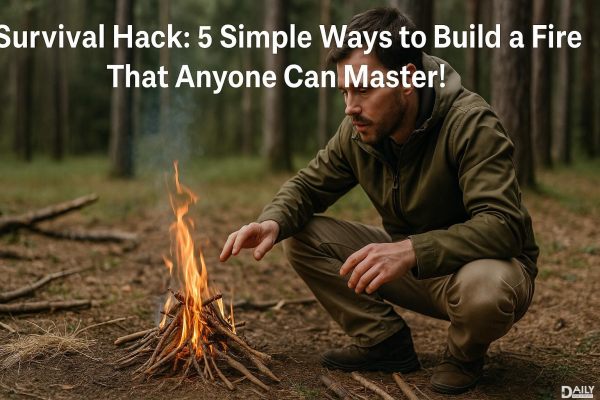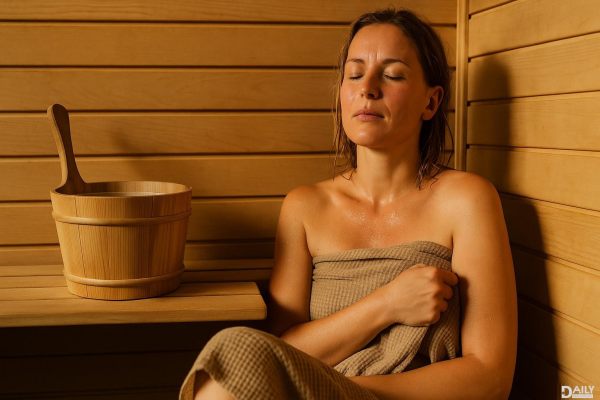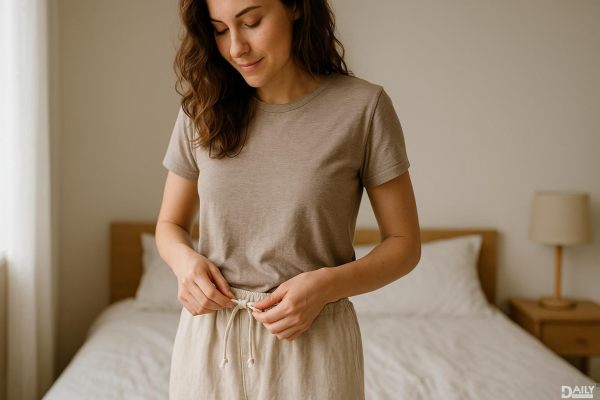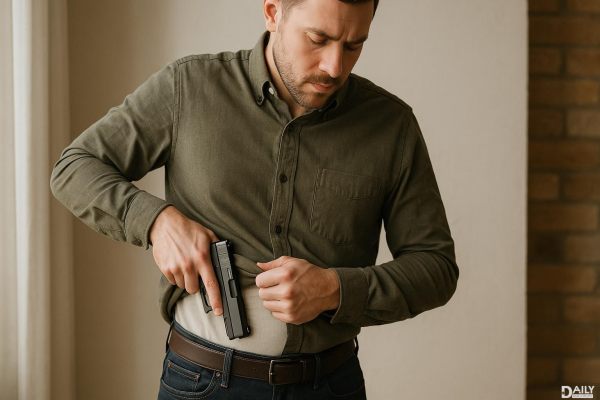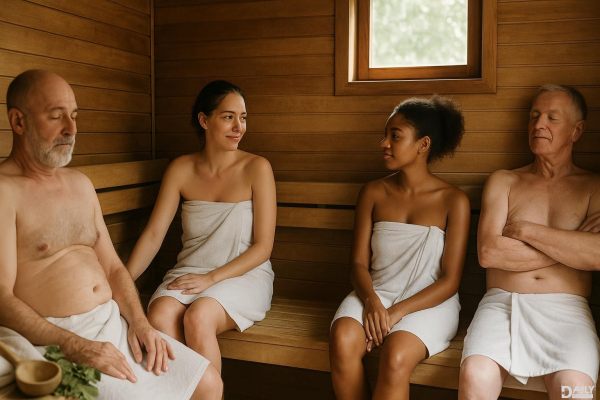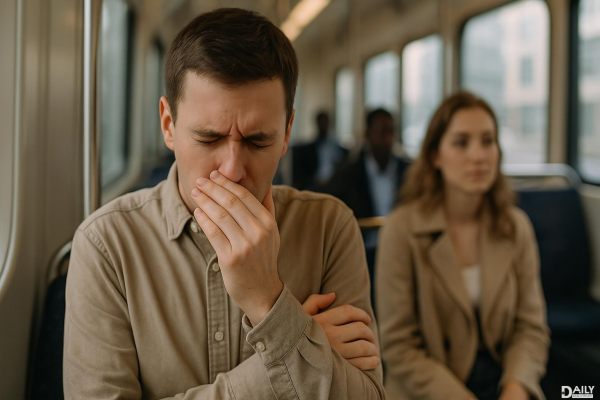If you're one of the millions of Americans struggling to catch enough Z's, popping a melatonin gummy or vaping a lavender-infused sleep aid might seem like an easy fix. But before you dive into the world of over-the-counter sleep solutions, it's worth hitting pause—because melatonin isn't the harmless sleep fairy dust some companies make it out to be. While it can help with occasional jet lag or shift-work sleep issues, experts are raising eyebrows about its long-term use and newer, trendier delivery methods like vape pens.
Melatonin’s Rise to Fame—And Why Doctors Are Pumping the Brakes
Melatonin exploded onto the sleep-aid scene because it’s natural (our bodies already produce it) and doesn’t come with the gnarly side effects or addiction risks of prescription sleep meds. But here’s the kicker: just because something’s natural doesn’t mean it’s always safe or effective in the long run. Dr. Jennifer Butler, a sleep specialist, points out that recent studies haven’t been kind to melatonin’s reputation—it often falls short in helping people with chronic insomnia actually stay asleep or wake up feeling refreshed. Instead of relying on it as a Band-Aid, she suggests digging deeper with a doctor to rule out sneaky culprits like sleep apnea or thyroid issues.
The Vaping Trend: A Snoozy Gimmick or a Real Risk?
Melatonin vape pens and diffusers are the latest "wellness" trend, promising dreamy sleep with a side of lavender serenity. But let’s be real—inhaling anything besides air is a gamble. While essential oils might smell like a spa day, vaping them (even with melatonin) hasn’t been studied enough to know if it’s safe long-term. Plus, melatonin’s effects can vary wildly depending on dosage and timing. Some users report next-day grogginess or even weirdly vivid dreams. If you’re tempted by these products, remember: just because it’s sold at a boutique wellness shop doesn’t mean it’s FDA-approved or even regulated.
Who Actually Benefits from Melatonin—And Who Should Skip It
Melatonin isn’t totally useless—it’s just not a one-size-fits-all solution. Shift workers, frequent travelers battling jet lag, or people with circadian rhythm disorders (like delayed sleep phase syndrome) might find it helpful in small, targeted doses. But for the average person scrolling TikTok at 2 a.m.? Probably not the magic fix. Kids, pregnant women, and folks on certain medications (like blood thinners or immunosuppressants) should be extra cautious, as melatonin can interact with other drugs or hormones. The golden rule: start low (think 0.5 mg to 3 mg max) and never mix it with alcohol or sedatives.
Better Ways to Hack Your Sleep (Without a Vape Pen)
If melatonin isn’t the answer, what is? First, ditch the screens an hour before bed—blue light messes with your natural melatonin production. Next, keep your bedroom cool and dark (blackout curtains are a game-changer). Caffeine after noon? Big nope. And if stress is your sleep’s arch-nemesis, try mindfulness apps or a boring podcast to quiet your brain. For chronic issues, cognitive behavioral therapy for insomnia (CBT-I) is the gold standard—it’s drug-free and tackles the root causes of sleeplessness. Bottom line? Sleep isn’t something you should inhale or gummy your way into fixing. It’s about habits, environment, and sometimes, a little professional help.
Before you stock up on melatonin sprays or sleepy-time vape cartridges, remember: the best sleep aids don’t come in a bottle (or a pen). They’re the boring-but-brilliant lifestyle tweaks that help your body do what it’s already wired to do—just with fewer TikTok distractions and more consistency. If you’re still struggling after trying the basics, a sleep doc can help you sort out whether melatonin (or something else) might be part of the solution—without the guesswork or gimmicks.
